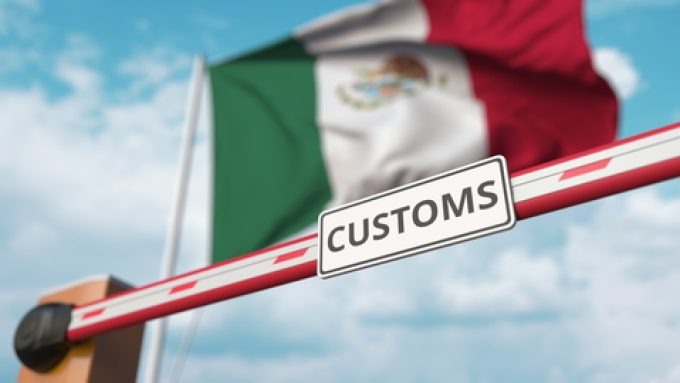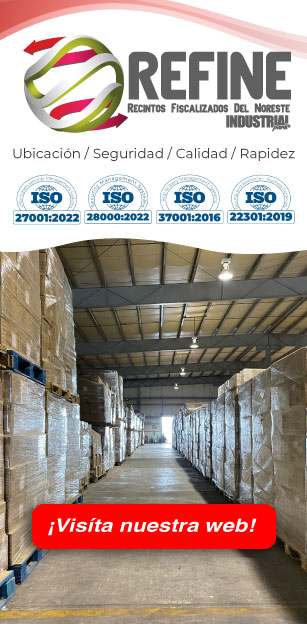Mexico’s recent imposition of tariffs on foreign imports has signalled to China and the US that it will not become a proxy in their long-running trade war.
Speaking just days before today’s inauguration of Donald Trump as US president – and the associated expectation of a ramping up of trade pressure on China – CEO of customs platform Publican Ram Ben Tzion applauded Mexico’s decision.
“I think it’s smart signalling from the government to both ends of the conflict about Mexican interests and what it will allow in the future,” Mr Ben Tzion told The Loadstar.
“To the Chinese it is signalling that if you want to be in Mexico, if you want to make it in Mexico, then you actually have to make it in Mexico, rather than sending finished products, popping a sticker on, and shipping it onwards to avoid duties.
“This allows it to legitimately tell the US that whatever ships from Mexico is from Mexico, and not from a third-party taking advantage of Mexico’s free-trade deal with the US.”
The US’s southern neighbour announced mid-December it would raise tariffs on apparel and textile imports in an endeavour to end the practice of “border-skipping”, where US ecommerce shippers use a legal loophole to avoid tariffs on Chinese goods.
A presidential decree upped Mexican tariffs on a range of finished textile goods to 35%, from 20%-25%, and from 10% to 15% on textile parts to close the Manufacturing, Maquiladora and Export Services Industry (IMMEX) programme loophole, which allowed foreign companies to import goods into Mexico for manufacturing or assembly duty-free, before re-exporting, often to the US.
US ecommerce operators that use Mexican warehouses as fulfilment centres were left scrambling to find alternatives. Flexport CEO Ryan Petersen claimed “at least 30 of the top 100” US brands on the Shopify platform made use of IMMEX to avoid US customs duties,
From a Mexican perspective, however, Mr Ben Tzion sees only upsides to the move, not only on the geopolitical, but on the economic, front, and views IMMEX as exploitative.
He asked: “What is in it for proxy countries like Mexico? Suddenly, they’re bombard by volumes originating in one place and headed to another, with their logistics infrastructure overloaded.
“Add to this, that the regulatory system is overwhelmed because it needs to validate what comes in and goes out of the country. So, they do all this work but lose out on the value.
“The tariffs rectify this by making use of the FTA contingent on making in Mexico.”
Source: https://theloadstar.com/mexican-tariffs-a-smart-signal-that-duty-free-loophole-is-closing/





